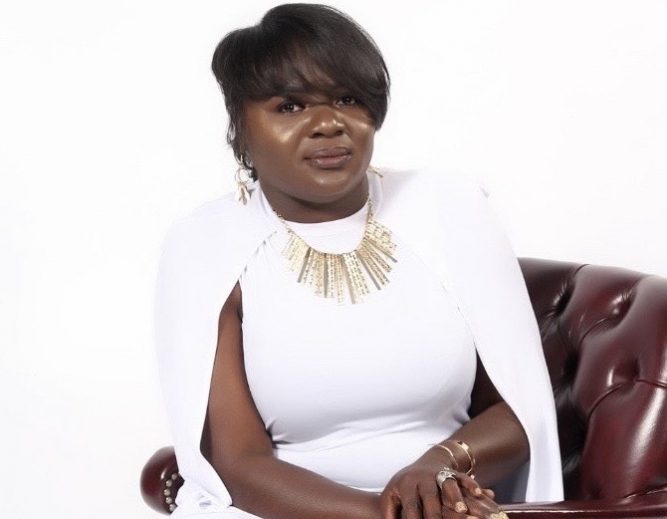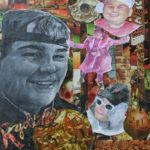
As the body count adds up from so many violent acts, so many people are affected, most of all the family. And such a violent act can throw an entire family out of whack.
Parents might isolate themselves because of anger, shame, fear, guilt, and let’s not forget the what if’s. Siblings feel rage, anger, hopelessness, loneliness and maybe even rejection from their parents and friends. They just don’t know where they fit in or what to say, they just want their sibling back because they need their parents back whole.
The grandparents just want to fix everything and pray that God restores their family back. They fight back tears, while trying to keep busy so that they will not fall apart. Grandparents know they hold the family together, so it’s a special burden on them to try to not fall apart in front of the family.
Aunts and uncles try hard to console their siblings, but they don’t really understand what their going through, so it’s easy to feel helpless. And let’s not forget the children, who depending on how old they are might not understand that mom or dad is no longer here on Earth but in their hearts.
I’ve been reminded a lot these last few months of how entire extended families struggle after a loved one is murdered. I have received many phone calls asking, “How can I help my sister or brother through this? They lost their child to gun violence last month and they just want to die. They don’t want to eat, they don’t laugh, they don’t want to do anything but cry.”
As a parent that is living through this emotional rollercoaster each day, I know how hard it can be, and I find out more about myself every day. Just like you will, we can read all of the self-help books each and every day but not one can tell you how you will truly feel from moment by moment.
For the concerned family members or friends, I simply say, “Be there!!!” You don’t have to know the answers. Physically we are here but mentally we have gone on a sabbatical leave of absence as life continues on all around us. When you ask us questions we are not ready yet to answer them but a lot of times you have to sit back and listen when we do speak. We will blurt out things such as what happened, why it happened, and who did it once we receive the answers from the detectives or from the street.
During this time, we will find at least two people in our village to confide in, and please don’t take it personal when it’s not you. Also during this time please remind the parent to love themselves regardless of what has happened. During the conversations you have its extremely important to make sure they are taking their medication and if they can be seen by their Primary Doctor within the first two weeks to ensure his/her health remains intact.
We will make unpredictable choices and decisions based on how we are feeling at that time, then think about it and change our minds in a drop of a dime, again don’t take it personal. I also tell the people within the village to make sure they take the notes for the grieving parent so that when things calm down they can go back and reread them and have some sense of everything.
After the services this is when the parent/s will need you the most because things have slowed down and people have stopped calling and coming around. Our thoughts run wild and we will act out on emotions.
That’s why you have to be patient, but most of all, be there.
Kimberly Kamara is the author of “Where’s My Daddy,” a children’s book aimed at kids who’ve lost a parent to murder. The book was inspired by her family’s continuing journey of grief after her son, Niam Johnson-Tate, lost his life to gun violence on July 5, 2017. Kimberly has two daughters and lives in Germantown with her husband.










Leave a Reply